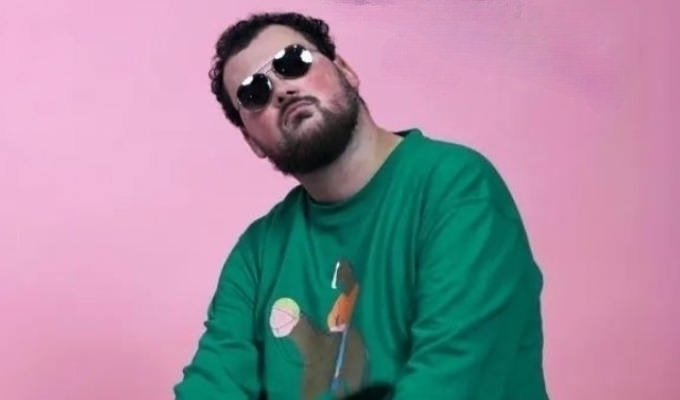You can't teach 'funny'
Joshua Ross on the folly of comedy courses
I was talking to a comic at an open mic night about comedy courses – when he found out I’d not been on one, he argued that I should do it right away. ‘Wow’, I said. ‘You must have had a terrific time’. ‘Oh no, the bloke running it didn’t have any idea what he was doing,’ he replied. ‘It was awful’.
This comic was completely faithful to the idea that you could teach comedy whereas I am still sceptical. At the same time, I’m sure there are things I could learn from a course. I have dodgy presentation skills, a visible shake onstage that is even more pronounced when grasping my notepad. But if I was less scrappy then would I be any funnier? Would a persona help me to perform my set?
Some newer comics like Dangerous T, Dave Green and Delia Gibson all have such strong stage personalities that they are able to deliver their material better than the vast majority of competing acts. This gives them licence to try out material that is unique and unpredictable while still getting laughs. I don’t know whether or not they went on a course, what’s important is that they have their own voice on stage.
My issue is with obviously course-trained comics who don’t have any good jokes but are able to deliver them competently. These comics appear in droves; talking about their ethnicity, their hometown or playing a song. These subject matters are only groan-inducing because they’re dealt with in such obvious ways, as if someone’s learned to tell a joke out of a book without putting any original thought into it.
At least an untrained performer thrown in at the deep end might learn from his or her mistakes, but a more polished act will find it harder to disregard a carefully prepared persona that just isn’t working. How can you explore new areas of comedy when they don’t fit your stage character, and how can you know that character before your first gig?
Even if you can teach someone how to perform, it sounds to me like an unenjoyable experience. I hate learning in a group and never liked lectures or the classroom. I learn by picking things up for myself. Being trapped with 11 strangers in a workshop would be a nightmare.
A showcase performance at the end of a course isn’t even going to have much in common with the realities of open mic comedy. Instead of a comfortable showcase venue, you’ll be on a bill with 20 other comedians who are all over-running and competing with an MC trying to shoehorn in an extra 20 minutes of material.
In this environment, they key is to be brief, to try and get a laugh or two and then get out of there, and you’ll have a good chance of doing OK. No one will care if you don’t have a strong character or a massive stage presence.
It is only once you’ve got through your first gig that you can start really editing and improving your material and building a character around that. Maybe before then you’d like to spend £20 on a course session to boost your confidence, but courses that last weeks and cost hundreds are built on the idea that, despite never having performed in front of a real audience, you’ll be able to get some real material by the end of it. Otherwise they’d never be able to charge so much.
- You can follow Joshua on Facebook.
Published: 18 Nov 2011






